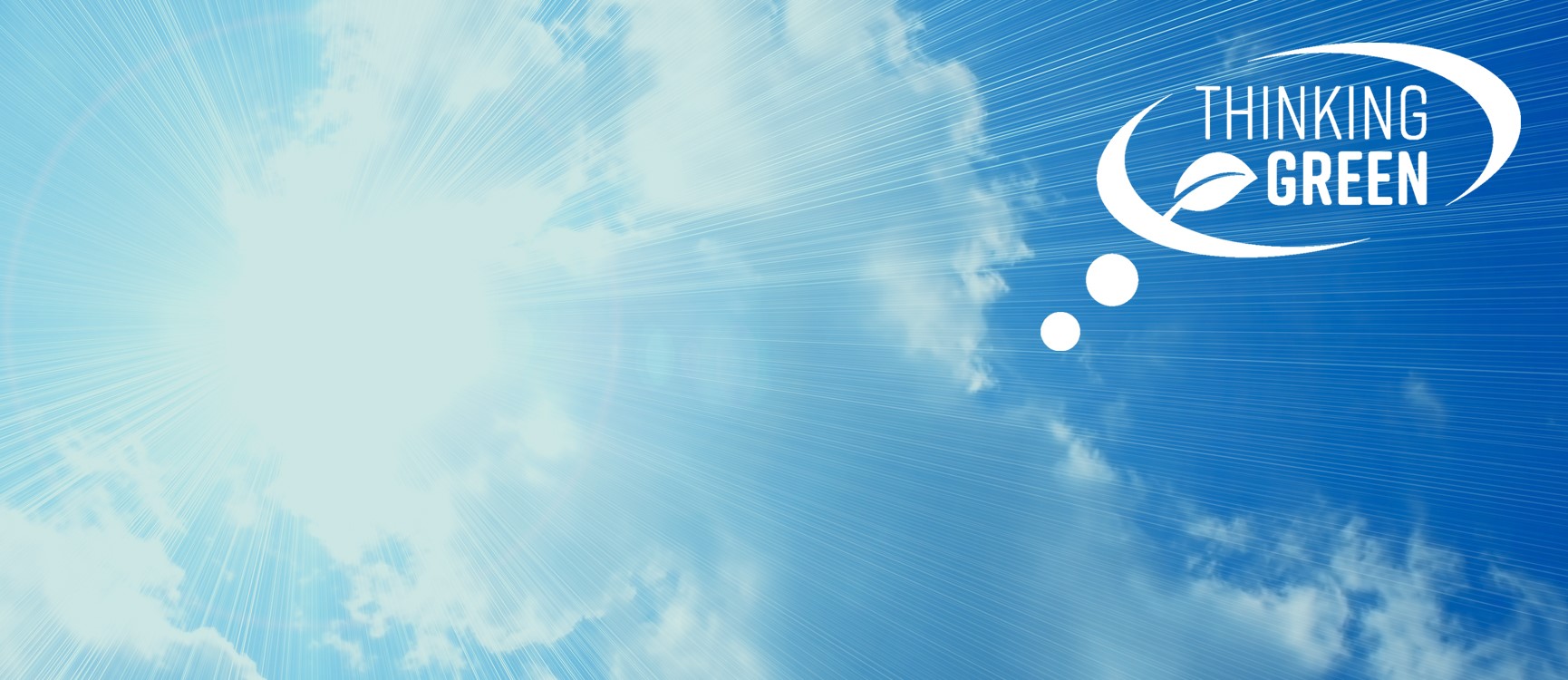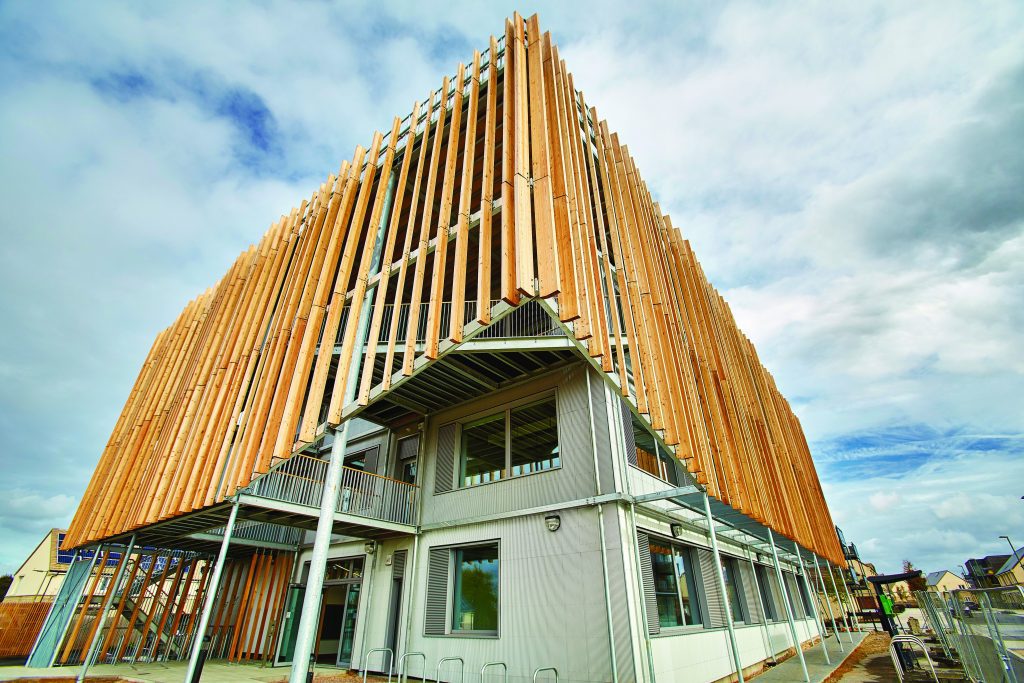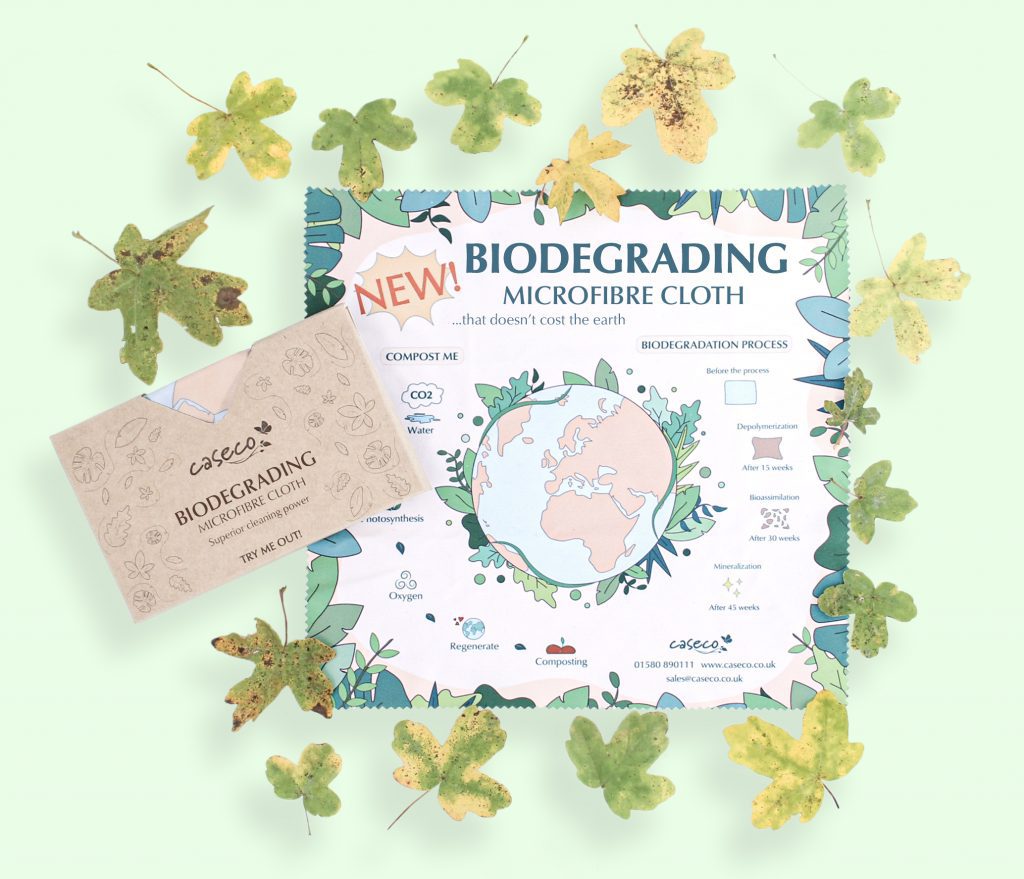The ABDO offices will be closed on bank holiday Monday

Caseco’s sustainability journey
What made you start the journey to greater sustainability?
The founder of Caseco, Peter Wood, asked a question 20 years ago at one sales meeting:
“How is it we’re only now talking about sustainability, when not so long ago, milk was delivered in reused glass milk bottles directly to your door on electric vehicles?” How societal trends move in cycles.
Caseco are delighted the conversation has accelerated and amplified over the last decade. Caseco’s current MD, who remembers Peter’s question vividly rejoined the business in 2020.
“Back in the 70s and 80s we learned about acid rains and international development in geography lessons in school – and that has never left me,” explains Julian Clarke. “Between my first stint in Caseco and now, managing businesses in premium eyewear, and seeing the overproduction and wastage in our industry, made a huge impact on me. I worked for a time with an eco-conscious client who championed an eyewear concept that used plant-based 3D print and re-usable rim-wire. Her influence forged in me a sustainability orientation. But Caseco’s sustainability journey is one that’s precious to the whole team here.”
What were your first steps?
On taking the reins in 2020, Clarke and team made some important decisions. Firstly, Caseco focussed on the products that could be adapted to reduce environmental impact. For example reducing the use of PVC to cover cases and choosing PU alternatives instead and introduced a quality microfibre made from recycled PET bottles.
During 2021 Caseco made a major decision to reduce the impact of our offices, warehousing and logistics and relocated from Kent to Oxfordshire in 2022. “Not only did this reduce miles our products had to travel to our customers, we moved into The Eco Business Centre which is carbon neutral. All our stock is now stored and orders shipped from a nearby family-run logistics firm who operate a fleet of electric vehicles.” explains operations manager, Clare Stone.
What challenges have you faced?
In terms of product, the main constraint is availability of materials. Independent practices would find it difficult to accept the minimum order quantities required to achieve the sort of customisation they’ve come to enjoy from Caseco.
What has worked really well?
However, we’ve had a great response to our British-made lens cleaning bottle made from 100% recycled PET. And we’re excited by the potential of our ground-breaking, new microfibre cloth that breaks down naturally in the soil. Traditional microfibre cloths are made from oil-based plastics in the form of polyester and nylon fibres. They’re given as a gift to patients with most independent dispenses. Our Bio cloth innovation will help practices reduce their microfibre plastics by 95% – just by making one simple change.
What do you plan to do next to become even more sustainable?
We’re looking to join the Net Zero Optics in the coming months and, as we’re a member of the Optical Suppliers Association we’ll be joining the OSA’s Green Charter. We’re setting our sights on B-Corp status but as an independent business we must take the journey step-by-step.


